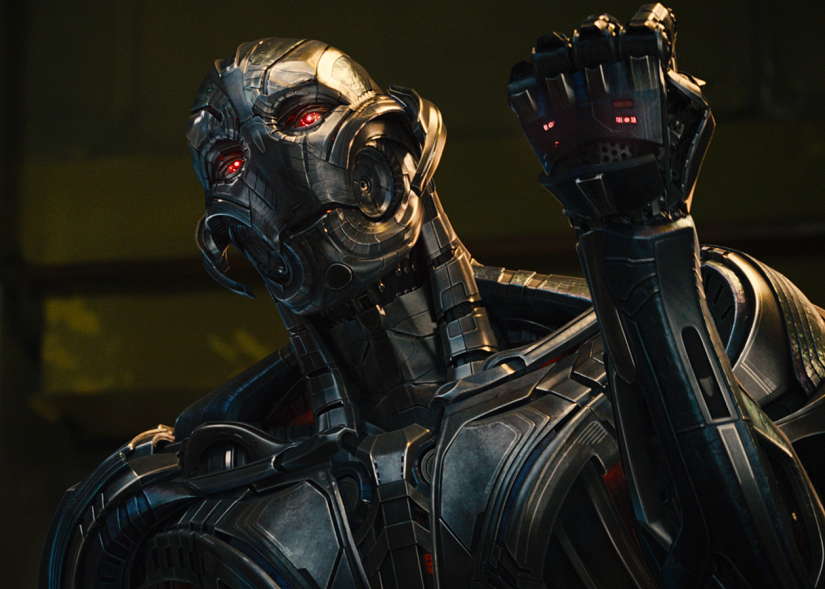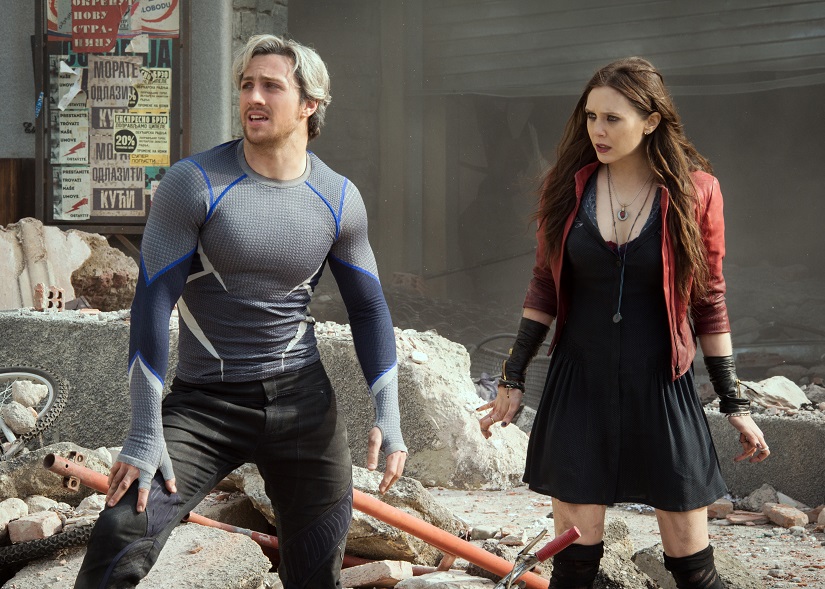The Avengers was not just the movie which brought Marvel’s cinematic universe heroes together on-screen for the first time, but also the one which found a consistent tone and philosophy for the series going forward. Looking back at the earliest movies in the canon, it’s no surprise that despite their financial success, they tend to be all over the place in terms of tone and direction, heavy on formula but uncertain where to pitch their flag between the campy humour of comic book movies past and the heavy drama of Christopher Nolan’s hugely successful Batman movies for DC.
It was at the hands of experienced comics writer Joss Whedon that Marvel found a sense of fun and self-awareness to bridge the disconnect between building a straight-faced fictional reality and the wisecracking, elaborately costumed protagonists populating it. As DC struggles to make fans care about its efforts to build a universe of its own defined by tortured heroes and depressingly over-filtered visuals, Marvel has gone from strength to strength on the back of Whedon’s simple but appealing philosophy of keeping the characters relatable and the tone light. It’s unfortunate, then, that Age Of Ultron does not mark Whedon once again taking the Marvel cinematic universe movies to new heights, but instead proves that even the most successful philosophy will struggle when weighed down by repetitive storytelling.
[youtube id=”JAUoeqvedMo”]
The Avengers: Age Of Ultron
Director: Joss Whedon
Rating: PG-13
Release Date: May 1st, 2015
The Avengers‘ success may have solidified the Marvel universe, but also allowed some core problems to go overlooked. It was and remains a blockbuster done right, hitting a near-perfect balance between large-scale action, pinpoint character writing (compare, for instance, Whedon’s Black Widow to her nondescript ‘strong woman’ portrayal in Iron Man 2) and humour. After taking $1.5bn at the box office worldwide, it’s no surprise Marvel sought to replicate its success as closely as possible going forward. While this meant movies more ambitious in their scope and tonally unified throughout the series, it also too often reduced their narratives to a single, over-used formula. It boggles the mind to try and tally how many Macguffin-oriented plots, fake deaths, identikit character arcs and city-levelling finales have occurred in the four movies since the first Avengers, let alone those which were toying with the same ideas beforehand.
Age Of Ultron never looked likely to break that formula, but starts at a lively enough pace with a big set-piece as our eponymous heroes storm a HYDRA outpost in Eastern Europe. It gets us quickly into the swing of things, and Whedon is gifted enough with the off-handed zingers that the personalities of each individual hero are asserted without needing to pause for breath. What the team discovers also neatly lays down a potential dividing line between them based on how they perceive their ongoing role in defending the planet. Ultron presents a rare villain whose world-ending ambitions are rooted in a distinct way of thinking, one that can be clearly traced back to some of the decisions which led to his creation. It also allows him to recruit the Maximoff twins, whose supernatural powers bring another new kind of threat to the Marvel universe. So far, so good. Nothing groundbreaking, but tight, fun and brisk.
That promising start begins to falter once the heroes are given their first glimpse of the psychological manipulations of Wanda Maximoff, aka Scarlet Witch, in a set of sequences geared exclusively towards setting up future movies. This recalls the worst of Iron Man 2‘s indulgences in using its time to promote future movies rather than creating a worthwhile experience in the present. It also leads into a mid-point lull where Whedon, having so effortlessly integrated character and plot up to that point, grinds the movie to a halt for the sake of Capital Letter Character Development that not only retreads the same steps as previous movies, but almost entirely through static conversations taking place in the most blandly clichéd location imaginable. With the movie coming in at a laboured 140mins, it’s hard to imagine how no-one thought to discard, at the very least, two vapid romantic subplots which clog up the pacing and never feel like anything other than writer-enforced indulgences.
In addition to the contrived writing, Whedon’s biggest obstacle in making his characters relatable is the same as that which makes his action sequences feel so insubstantial. Iron Man 3 got a lot wrong, but one thing it understood, and The Avengers didn’t, is that there needs to be a palpable sense of risk for its action to be any more meaningful than empty spectacle. As in the first Avengers, Whedon’s heroes never take so much as a scratch, so their musings on death and loss come across as entirely hollow. The absence of danger means the action relies entirely on a sense of awe to remain entertaining, yet the CGI-heavy nature of each encounter renders each increasingly interchangeable and wearying, culminating in a climax lifted almost verbatim from the first Avengers, only replacing aliens with robots and Loki’s wormhole generator for a Big Deadly Button.
Of the new ingredients, James Spader’s voice work keeps Ultron interesting for longer than the character has any right to be, given how quickly the script abandons his initial existential angst in favour of generic supervillainhood and a subplot which ignores a key facet of his interconnected nature to facilitate the creation of The Vision. Vision himself feels entirely superfluous, showing no particularly noteworthy abilities beyond those already on offer from Iron Man and Thor, despite being at least visually striking and sharing an enjoyable exchange with Thor about the merits of a well-balanced hammer. Elizabeth Olsen’s Scarlet Witch fares better than Aaron Taylor-Johnson’s bland Quicksilver, if only for presenting a different kind of threat than punching or zapping. Once they are actually put to work, however, it is again difficult to discern what they bring to the table which one of the existing heroes could not have provided with minor adjustment.
Strip away the bombast and superfluous additions and it is the core cast which just about keeps the movie going even while the messy direction and clunky pacing are compounding around them. Downey Jr gives one of his stronger recent performances as Tony Stark, while Scarlett Johansson continues to layer pain into Black Widow’s snark. Chris Hemsworth, Chris Evans and Mark Ruffalo are underserved with worthwhile material, but make the most of what they have. Jeremy Renner has the opposite problem, enjoying plenty of screentime, but most of it among the movie’s most insufferable. That he manages to make the character likeable regardless is testament to the small notes of empathy and stoicism he finds in his character’s interactions with others. A handful of cameos from the supporting cast of the individual hero movies, such as Don Cheadle’s Rhodey, also make very welcome reminders of each hero’s existence beyond the confines of the Avengers team.
If you are, unlike me, an avid comic book reader, the appeal of another two hours of watching these characters bounce off each other, verbally and physically, may be enough to make Age Of Ultron another worthwhile entry in Marvel’s cinematic universe canon. No matter where you are coming from, though, it is difficult to imagine anyone seeing this as anything more than a case of returns diminished by repetition and playing safe, at worst an unnecessary stepping stone en route to the real showdown in Infinity War. Whedon remains quick of wit and matched by a terrific cast, but where the first Avengers gave Marvel a newfound confidence going forward on screen, Ultron is less a shot in the arm than a warning of how complacency can dull even the most vibrant pleasures into formulaic endurance tests.


